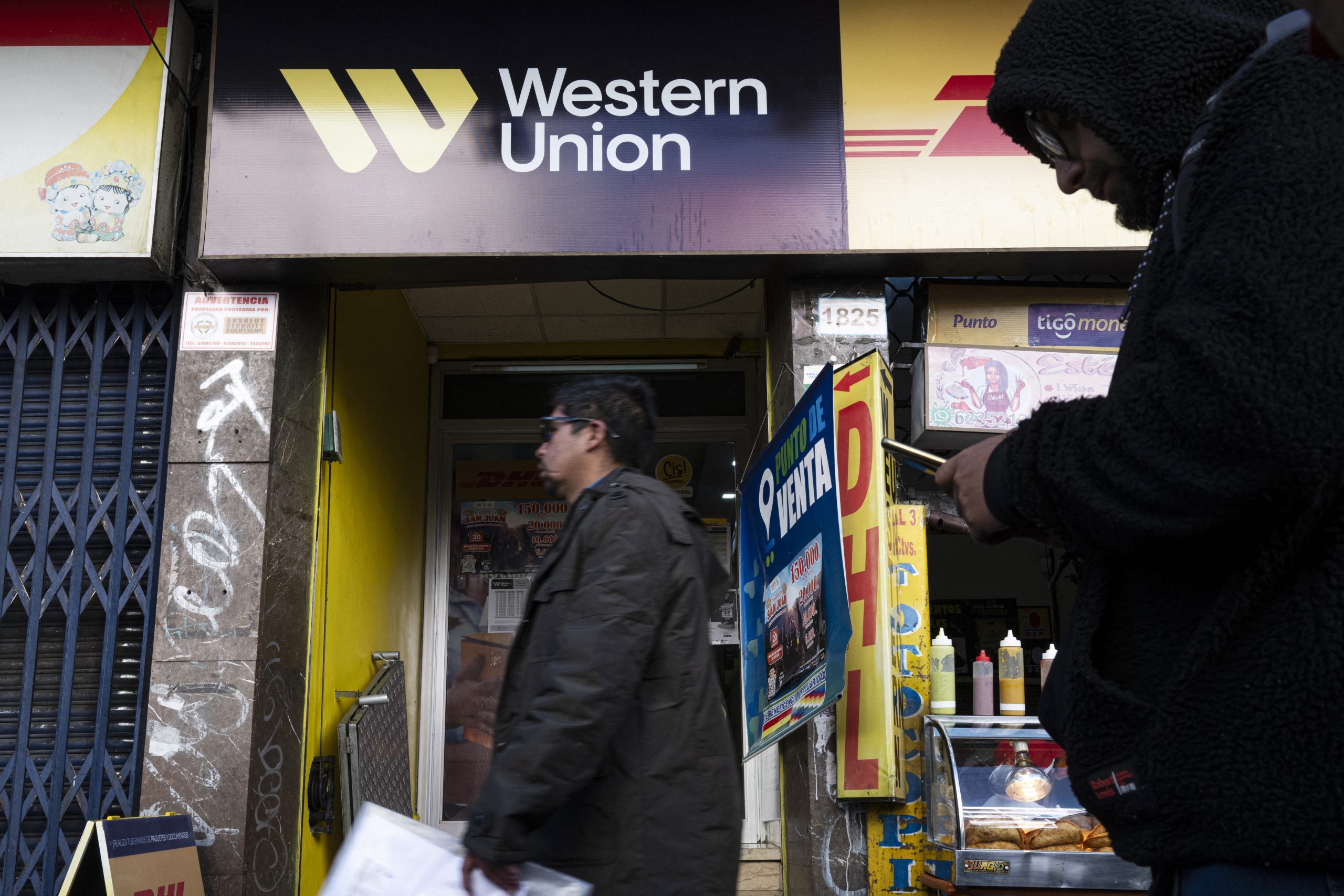**The Crushing Weight of Fees on Haitian Diaspora**
The Haitian diaspora, a lifeline for millions back home, is facing a silent crisis. High remittance transfer fees, often exceeding 10%, are siphoning billions of dollars from families already struggling in Haiti’s ongoing humanitarian catastrophe. This hidden tax, a significant burden on vulnerable populations, exacerbates existing poverty and instability, impacting everything from food security to healthcare access. Guerline Jozef, co-founder of the Haitian Bridge Alliance, paints a stark picture, describing a daily deluge of desperate calls from Haitians in the US terrified about their families’ ability to survive. The money they painstakingly earn and send home is drastically reduced before it even reaches its intended recipients.
**A Lifeline Under Strain: The Impact of Remittances on Haiti**
Remittances are not merely a financial flow; they are a critical component of Haiti’s social and economic fabric. For decades, money sent home by Haitians living abroad has served as a vital safety net, funding essential needs and driving economic activity. Studies consistently demonstrate the positive impact of remittances on development indicators: reduced infant mortality, increased school enrollment, and improved housing conditions are just a few examples. These funds often represent the primary source of income for many Haitian families, making them considerably more resilient to shocks and hardship. However, the exorbitant fees charged by money transfer operators (MTOs) drastically undermine this vital support system.
**The High Cost of Sending Money Home: Unmasking the Hidden Tax**
The problem lies in the disproportionately high fees levied by MTOs, particularly those serving the Haitian diaspora. These fees, often exceeding the internationally recommended cap of 3%, effectively represent a substantial tax on the already limited resources of Haitian immigrants. While some MTOs offer competitive rates, many Haitians rely on less-regulated channels, often paying significantly more for the perceived convenience or accessibility. This adds an extra layer of complexity to an already challenging situation, forcing families to make agonizing choices between essential needs. The cumulative effect of these fees translates into billions of dollars lost annually, money that could have been used to alleviate poverty and improve living conditions in Haiti. This invisible tax is a significant barrier to progress, hindering economic development and deepening the humanitarian crisis.
**Conclusion: The Urgent Need for Action**
The exorbitant fees imposed on Haitian remittances represent a critical issue demanding urgent attention from policymakers, financial institutions, and international organizations. Addressing this hidden tax requires a multi-pronged approach: promoting competition amongst MTOs to drive down fees, strengthening regulatory frameworks to protect consumers, and advocating for more affordable and accessible money transfer options. Only through such collective action can the Haitian diaspora’s lifeline truly be secured, allowing remittances to fulfill their crucial role in supporting families and fostering sustainable development in Haiti. The current situation highlights a critical failure in the global financial system to address the specific needs of vulnerable populations reliant on remittances for survival.
Based on materials: Vox





